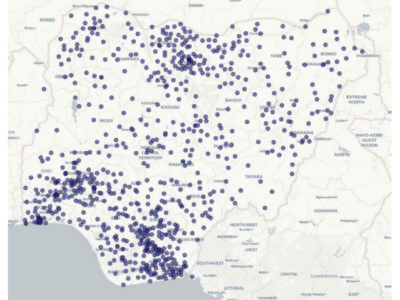A new Juniper Research study has found that the total number of chatbot messaging apps accessed globally will increase from 3.5 billion in 2022 to 9.5 billion by 2026. This growth of 169% will be driven by the increasing adoption of omnichannel retail strategies by eCommerce players and the rising integration of chatbots within messaging platforms.
RELATED AURA Partners Tracker To Build World’s First WhatsApp Security Chatbot
The new research, Chatbots: Sector Analysis, Competitor Leaderboard & Market Forecasts 2022-2026, assessed multiple chatbot channels, including Internet browsers, messaging apps and RCS messaging. It found that retail spend over chatbot messaging apps will account for over 50% of global chatbot retail spend by 2026. It predicts that the rapid development of messaging app functionalities will attract high value online retailers to chatbot messaging apps over competing channels.
For more insights, download our free whitepaper: How Chatbots Will Facilitate the Omnichannel Experience
Chatbot Integration Becomes Key
The research recommends that chatbot developers form strategic partnerships with CPaaS (Communication Platform-as-a-Service) vendors to expand the reach of their services and offer a compatible solution for enterprises exploring new messaging channels, including messaging apps and RCS (Rich Communication Services).
Additionally, vendors must develop their chatbots to integrate with voice assistants to capitalise on the growth of in-home smart speakers, such as Amazon Echo and Google Home. By implementing these voice capabilities, chatbot vendors can maximise value proposition by encouraging voice-led conversational commerce.
Emulating China Is Crucial for Chatbots
The report found that the total spend over chatbot messaging apps in China will surpass $21 billion by 2026, with applications such as WeChat providing a definitive framework for chatbots that is branded for each retailer. It urges chatbots vendors outside of China to emulate this framework to drive further chatbot adoption by offering services, including payment capabilities, social media and rich media. Additionally, as chatbot traffic grows, machine learning must be used to assess past conversations and further automate the omnichannel retail experience over chatbots.





























